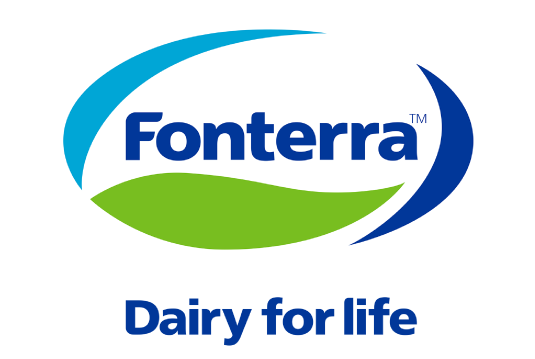Orphaned baby elephants choose Fonterra milk every time
For baby orphaned Borneo Pygmy elephants, milk from mum is best but New Zealand milk comes a close second.
These tiny elephants unwaveringly prefer milk from New Zealand pastures over other milks, according to recent trials by Malaysia’s Sepilok Orangutan Rehabilitation Centre.
Several orphaned baby elephants were rescued by the Rehabilitation Centre four years ago after their parents died.
Located deep within a large forest reserve in Sabah, Malaysia, the Centre is renowned for its work to rehabilitate orphaned orangutans, as well as displaced sunbears and rhinos.
Hutt City Rotarian Debbie Mair, who was visiting the animal sanctuary at the time, was captivated by the tiny elephants with oversized ears, round bellies and friendly, gentle natures. Believed to be a small sub-species of the Asian elephant, Borneo’s endangered pygmy elephants live in the county’s tropical rain forests and are thought to have descended from captive elephants owned by the Sultan of Sulu in 1750.
Moved by the young animals’ plight, Debbie bought milk powder locally to feed the elephants but they did not thrive and some were lost over following months. Debbie knew they had to take action to save the remaining baby elephants.
The elephants naturally graze on the lush grass along jungle river banks and Fonterra’s grass-fed milk emulates their pastoral eating habits.
“Over the course of four weeks, we tested milk powders from New Zealand, Australia, Malaysia and Japan with the young elephants, with vet oversight and care. The results were astounding. When the elephants were offered a choice of milk powders, they actively wanted to drink Fonterra’s NZMP Fortified Milk Powder. In fact the two-to-three year old elephants refused to drink the other brands - the Fonterra one was their absolute favourite.”
Debbie said tests showed that the baby elephants did much better on the Fonterra milk powder and gained nearly twice as much weight compared to the other types of powders, which is good for their growth and development.
“We now only feed the elephants the Fonterra NZMP Fortified Milk Powder, which vets have assessed as suitable for animal consumption, and the male elephants have continued to thrive. The care of baby female elephants is more challenging, as they always suffer deeply from the death of their mother and refuse to take food or drink from humans.”
Rotarian Action Group for Endangered Species Consultant Ben Smith, a former Fonterra farmer and now a grass researcher at an animal health and nutrition company, said it appears the elephants recognise intuitively what our farmers have always known – milk produced from grass-fed New Zealand cows is first-class.
“Milk is a good source of protein and grass-fed milk has greater levels of beneficial fats than milk from grain-fed cows. The elephants naturally graze on the lush grass along jungle river banks and Fonterra’s grass-fed milk emulates their pastoral eating habits.
”As a long-time farmer, it’s heart-warming to know that New Zealand farmers are helping to conserve the next generation of this endangered species.”
There are only an estimated 1,500 Borneo Pygmy elephants left in the wild and their long-term survival is threatened by the destruction of their natural habitat and by poachers.
Debbie, who is a board member of the Rotarian Action Group for Endangered Species (RAGES), has built partnerships with the Sabah Wildlife Department, Fonterra and other organisations to extend the Rehabilitation Centre’s preservation efforts with the elephants.
“Our partnerships are providing invaluable support for the sanctuary. The Fonterra Grass Roots Fund has donated one metric tonne of NZMP milk powder, as well as providing milk powder at reduced cost. In addition, work with our partners and wildlife advocates is making steps towards decreasing human/elephant conflict and animal deaths.”
Debbie said that RAGES wants the Pygmy elephant project to become a drawcard for the tourism industry in the region. Profits from the project would be used to help support local communities, develop education programmes and promote peaceful co-existence between elephants and humans.
“We are making some progress but there is still a long way to go to ensure the survival of these last remaining wild elephants. It would break my heart if future generations were only able to see these fascinating animals on video.”
As featured on TV One news on Saturday July 1st :
If you would like to support the Pygmy elephant project, please visit http://www.endangeredrag.org/

